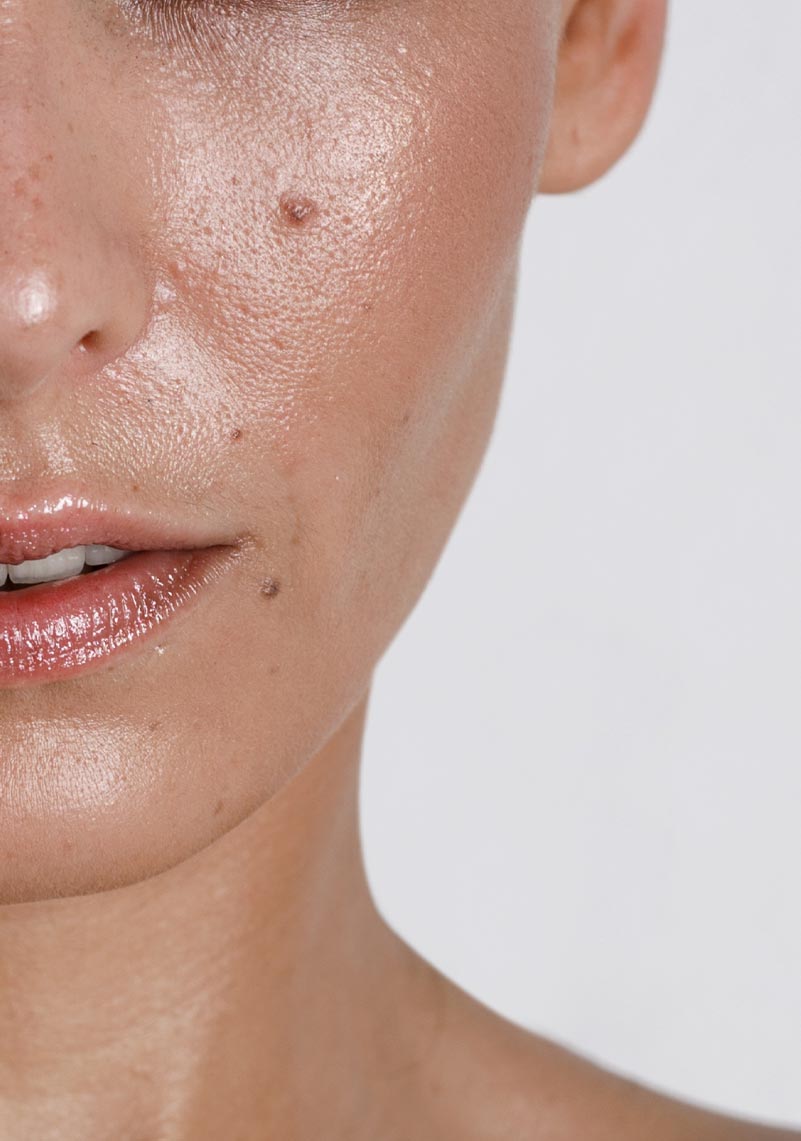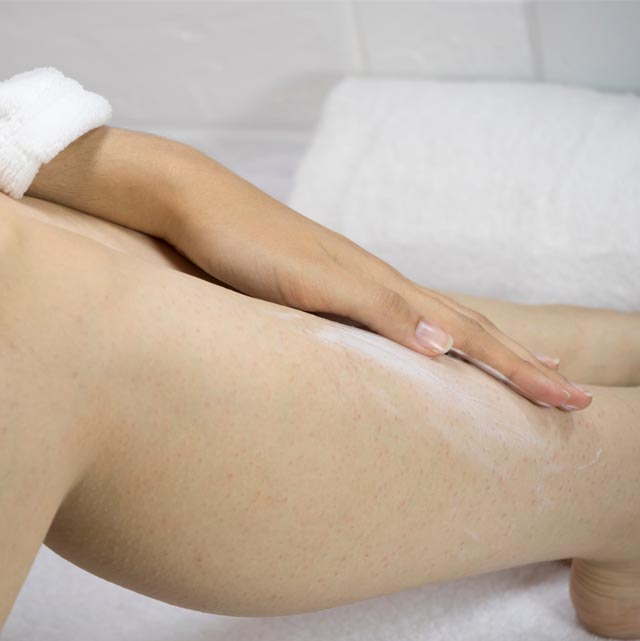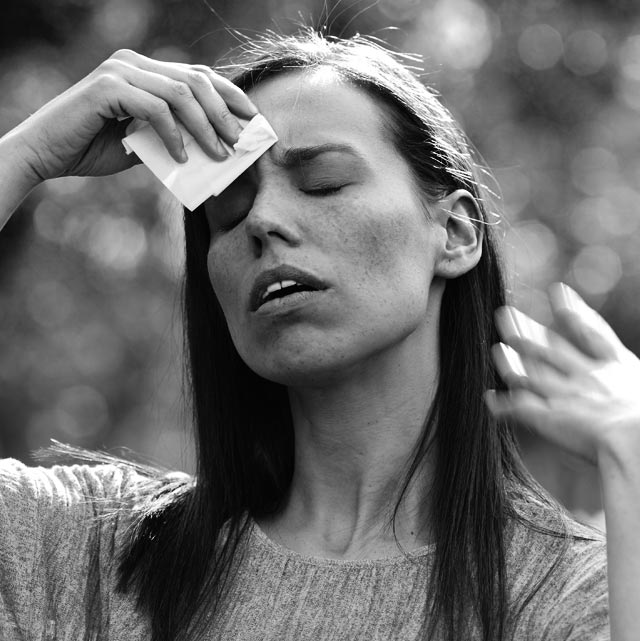Clinic News

WHAT IS HYPERHIDROSIS?
Hyperhidrosis is the medical term for excessive sweating. Sweating is a natural function whereby the sweat glands produce moisture which enables the body to cool itself when it becomes too hot. The sweat glands are situated all over the body but are greater in number on the forehead, under the arms, on the palms of the hands and on the soles of the feet. It is in these places where sweating most often occurs, but in the case of excessive sweating, it can also affect the entire body. Both men and women can experience excessive sweating, which can be an embarrassing concern.
WHAT CAUSES HYPERHIDROSIS?
Exercise, stress / anxiety and high environmental temperatures can be the reason why the body finds it necessary to cool down. However, in cases of Hyperhidrosis, the sweat glands will often become overactive and produce sweat for no obvious reason at all. It is thought that factors, including: hormonal changes (such as during the menopause), obesity, hyperthyroidism, diabetes and certain medications can cause excessive sweating, which can leave damp patches on clothing and may also be accompanied by an odour.
HOW CAN I TREAT HYPERHIDROSIS?
An effective treatment for excessive sweating addresses the actions of the sweat glands. An injection that contains botulinum toxin, type A is administered directly to the affected area to block the messages from the nerves to the glands. This treatment uses the same product that is used in anti-wrinkle injections and works by preventing the glands from contracting. Depending on your situation, a treatment course may be required which gradually takes effect to reduce and / or stop sweating for up to 9 months. A longer-term solution will require an on-going program.
BENEFIT FROM OUR PRIVATE GP SERVICES – CLICK HERE TO FIND OUT MORE.





